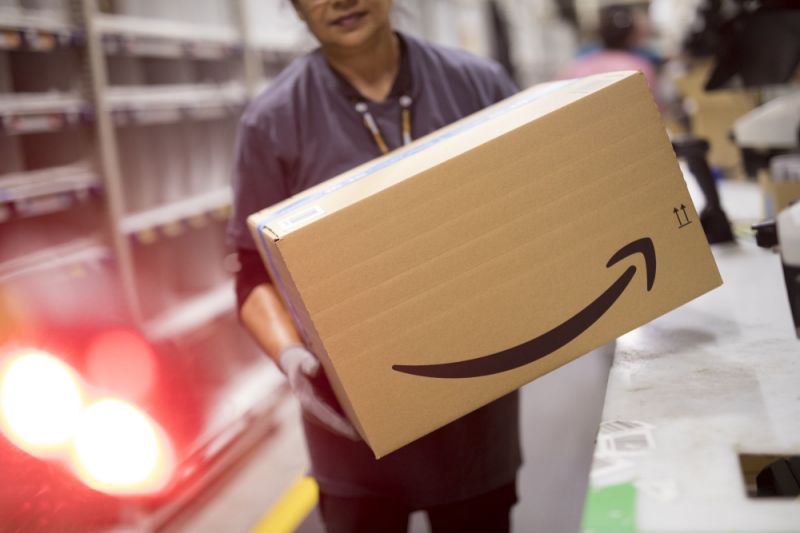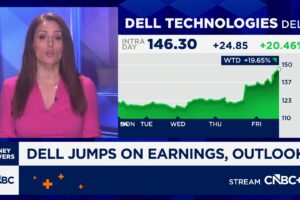

(Bloomberg) — Amazon.com Inc., Facebook Inc. and Alphabet Inc.’s Google defended their business practices to U.S. lawmakers conducting a broad antitrust inquiry, seeking to underscore their companies face stiff competition in their respective industries.
Amazon, for example, argued that much of the data it keeps regarding third-party merchants who use its online marketplace is public and that analyzing aggregate sales data to bolster its private-label strategy is a common practice in the retail industry.
“Customers’ shopping behavior in our store is just one of many inputs to Amazon’s private-label strategy,” David Zapolsky, Amazon’s general counsel, wrote in the letter dated July 26 to U.S. Representative David Cicilline, head of the House antitrust subcommittee. “We also use other factors employed across the retail industry, such as fashion and shopping trends highlighted in the press and on social media, suggestions from our manufacturers for new or complementary product lines, and gaps in our product assortment relative to our competitors.”
Amazon said that while it uses aggregate data from merchants, it prohibits the use of individual vendor data in its private-label strategy.
The antitrust subcommittee is scrutinizing how Amazon treats its third-party sellers as part of larger probe into the technology industry. Cicilline, a Rhode Island Democrat, expressed dissatisfaction with Amazon’s answers at a July 16 hearing before the panel, especially testimony that the company doesn’t use data it collects on sales to favor its products over third-party sellers. The companies, in letters released Tuesday by Cicilline’s office, responded to follow-up questions from the subcommittee.
Facebook made the case that it isn’t as dominant as it seems, providing Cicilline with a long list of competitors in different areas. In messaging, for example, the company said it competes with SMS texting, which is used by 4.2 billion people worldwide.
Facebook also noted that it’s still possible for outside companies to gain traction quickly in social media. In 2018, TikTok, the Chinese app for short-form video owned by ByteDance Ltd., was downloaded more times than either Facebook or Instagram, becoming a “significant competitor” to Facebook, the Menlo Park, California-based company said.
Google maintained that it strives to give users the most relevant information as quickly as possible, which often directs them to other sites. The company also highlighted steps it takes to fight copyright infringement on its video-sharing platform, YouTube.
In its response, Google also tried to refute charges that the company favors its own products in search results and on YouTube. In recent years, Google has filled search with more direct answers and Google-run services, like flight bookings, rather than links to outside websites. That trend has prompted several complaints from small companies that depend on Google traffic. Kent Walker, Google’s chief lawyer, wrote that Google “will deliver more traffic to sites across the web,” without citing numbers.
Asked how much Google pays Apple Inc to place Google search on iPhones, Walker declined to answer.
–With assistance from Sarah Frier, Ben Brody and Mark Bergen.
To contact the reporters on this story: Naomi Nix in Washington at [email protected];Spencer Soper in Seattle at [email protected]
To contact the editors responsible for this story: Sara Forden at [email protected], ;Jillian Ward at [email protected], Andrew Pollack
<p class="canvas-atom canvas-text Mb(1.0em) Mb(0)–sm Mt(0.8em)–sm" type="text" content="For more articles like this, please visit us at bloomberg.com” data-reactid=”31″>For more articles like this, please visit us at bloomberg.com
©2019 Bloomberg L.P.








